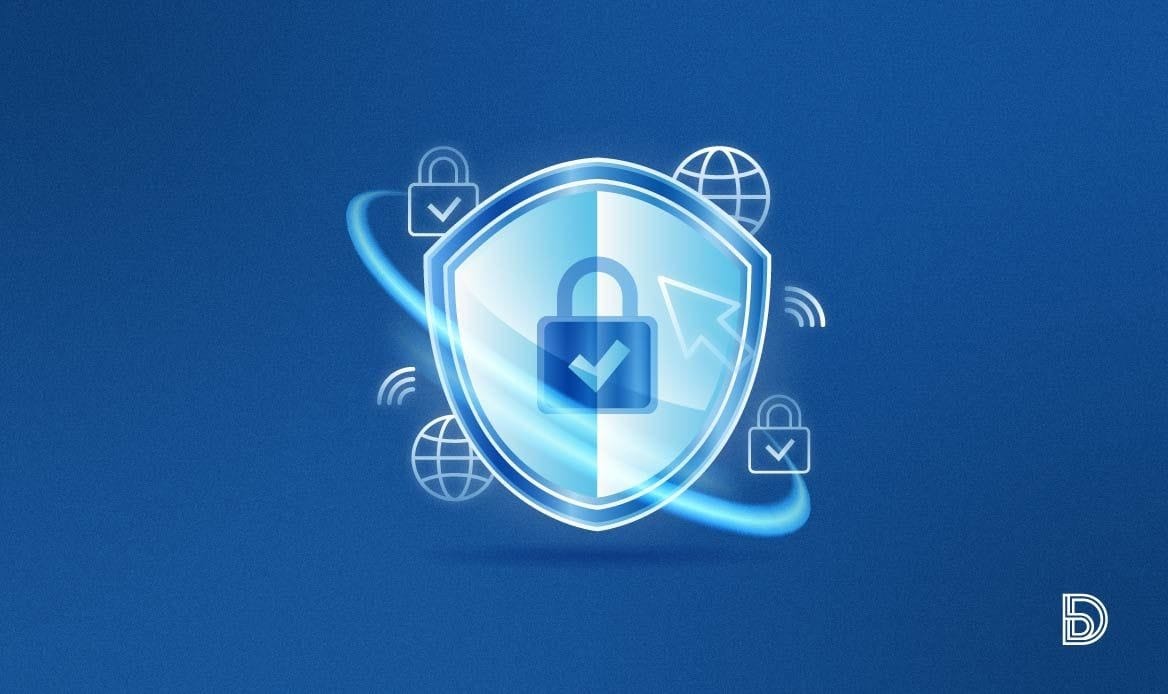How to protect yourself from online fraud
Here are ways you can protect yourself and your business from online fraud.

Africa has experienced a significant increase in smartphone and internet penetration in recent years. The adoption of these technologies has played a huge part in the growth of digital transactions.
However, as much as the internet has brought convenience and ease of communication, it has also brought about new security risks, especially in the form of online fraud.
As more individuals go online, the potential for encountering online fraudsters and falling victim to their schemes also increases.
“There are many types of online fraud. Some examples include APP (authorised push payment) fraud, phishing attacks, pharming, chargebacks, wire transfer scams, skimming, merchant fraud, and e-wallet fraud,” says Abuzar Royesh, the Founder and CEO of Pastel.Africa.
“These methods, he continued, are becoming more complex and organised over time, especially as it becomes easier to move money around. Fraud leads to significant losses for everyone in the ecosystem.”
For instance, in the e-commerce space in 2022, online payment fraud amounted to approximately $41 billion and is growing year-on-year.
Abuzar’s startup, Pastel, supports small African businesses by offering tools that help manage their businesses and maximize efficiency. They also have an AI product that can be used for fraud detection.
This is particularly problematic in the context of Africa, where the fintech and personal identity ecosystem is not well-developed, making the fraud problem, a problem for everyone.
Here are ways you can protect yourself and your business from online fraud.
Keep your software and devices up to date
One of the simplest ways to protect yourself from online fraud is to keep your software and devices up to date. Cybercriminals are always looking for vulnerabilities in outdated software to exploit.
To avoid falling victim to such attacks, make sure you regularly update your operating system, web browser, and other software applications.
Use strong passwords
The importance of strong passwords cannot be overemphasised. Avoid using easily guessable passwords, such as your name, date of birth, or any common words.
Instead, use a combination of uppercase and lowercase letters, numbers, and special characters. You can also use a password manager to help you generate and store complex passwords.
Be cautious of suspicious emails
Phishing emails are one of the most common ways that cybercriminals use to steal personal information. Be cautious of emails that ask you to provide personal information or click on a link. Before clicking on any link, hover over it to see the URL it will take you to. If the URL looks suspicious or unfamiliar, do not click on it.
Avoid using public Wi-Fi
Public Wi-Fi networks are notoriously insecure, making them an easy target for cybercriminals. Avoid using public Wi-Fi networks to access sensitive information, such as online banking. If you must use public Wi-Fi, make sure you use a virtual private network (VPN) to encrypt your internet traffic.
Enable two-factor authentication
Two-factor authentication adds an extra layer of security to your online accounts by requiring you to provide a second form of authentication, such as a fingerprint, facial recognition, or a code sent to your phone. Enabling two-factor authentication can help protect your accounts even if your password is compromised.
Monitor your accounts regularly
Regularly monitoring your accounts can help you detect any suspicious activity early. Check your bank statements, credit card statements, and other financial accounts regularly for any unauthorised transactions. If you notice any suspicious activity, contact your bank or financial institution immediately.
Educate yourself about online fraud
Educating yourself about online fraud can go a long way in protecting yourself from becoming a victim. Stay up to date with the latest scams and fraud techniques by reading cybersecurity blogs and news articles. Also, be wary of any unsolicited emails, phone calls, or text messages asking for personal information.
How businesses can monitor fraudulent activities
Abuzar recommended that to effectively monitor fraudulent activities, banks, fintechs, and payment processors must be able to flag both users who are likely to commit fraud and those who are likely to be victims of fraud.
Unfortunately, due to the sophistication of current attacks, rules-based systems (such as manual rules to block transactions at certain times of day, above a certain amount, or for newly created accounts) are no longer sufficient to prevent fraud.
The gold standard in fraud detection is deploying real-time deep learning-based models that are trained on millions or billions of transactions and thousands of variables. These models can automatically evolve as the sophistication of attacks increases.
That's why, according to Abuzar, “Pastel has built a deep learning-based model that is effective in flagging and preventing 99% of fraudulent attempts using the vast amounts of data it has on African transactions.”
Final thoughts
Online fraud is a serious threat that can have devastating consequences. However, by following these steps, you can significantly reduce your risk of becoming a victim.






